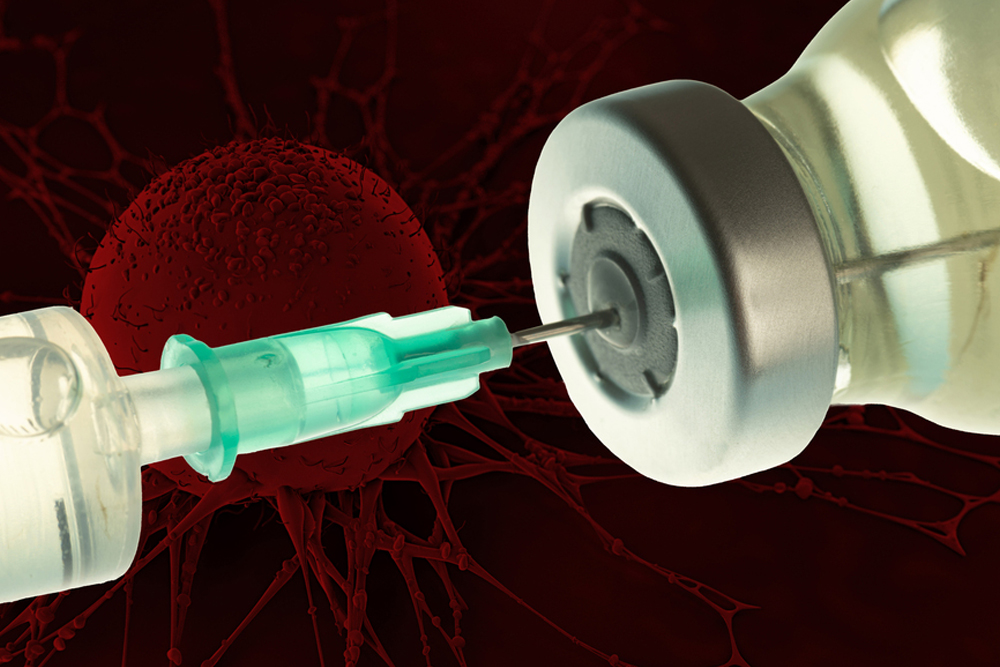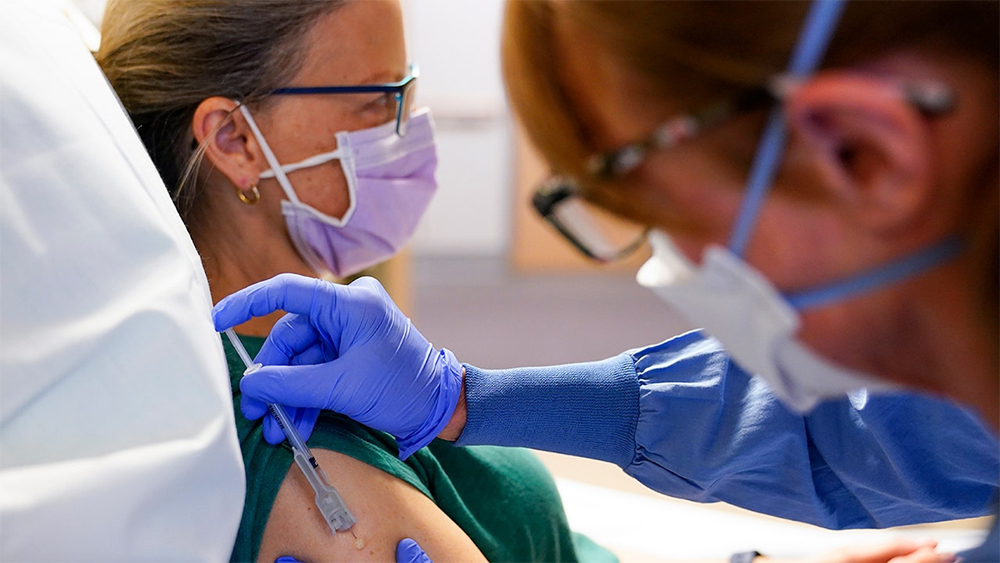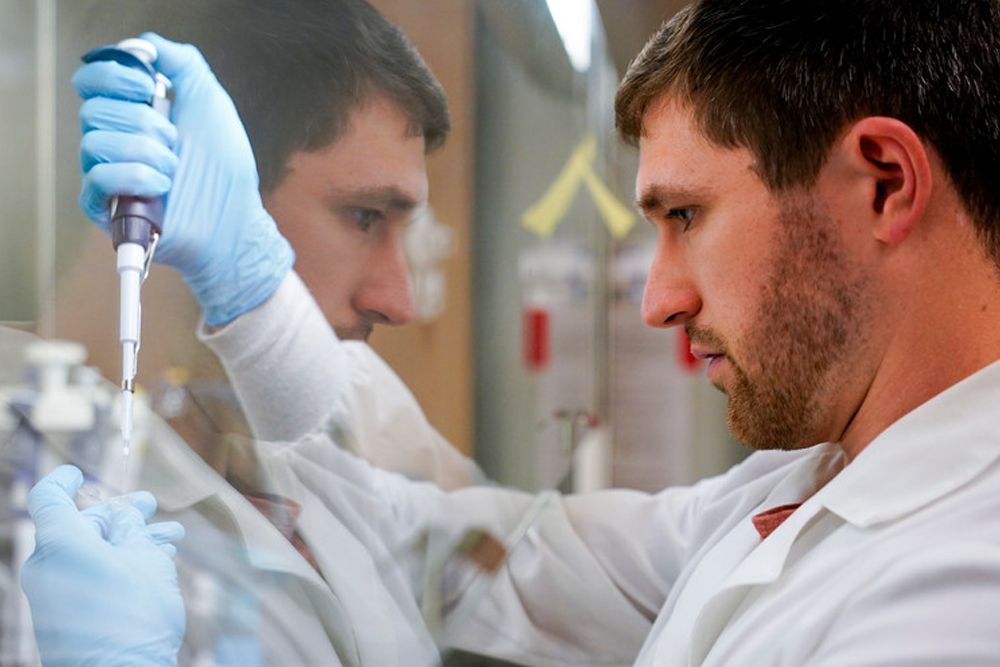
Scientists foresee a turning point in cancer research, anticipating the development of non-traditional vaccines within five years. These vaccines aim to shrink tumors and prevent cancer recurrence, targeting breast, lung, melanoma, and pancreatic cancers.
After years of patchy progress, this represents a positive turn that inspires hope for the future of cancer treatment.
Scientists acknowledge the need to improve the efficacy of these vaccines and now have a deeper understanding of how cancer evades the body's immune system. Cancer vaccines, along with other immunotherapies, enhance the immune system's ability to detect and eliminate cancer cells. Some of these innovative vaccines utilize mRNA technology, originally developed for cancer research but first used in COVID-19 vaccines.

Effective cancer vaccines train T cells to recognize cancer cells as threats by utilizing their mobility. T cells act like "feet" that traverse the body to locate potential dangers.
Breast cancer patients are volunteering for experimental vaccine trials to assess tumor size reduction before surgery. Despite the risks, they view it as a worthwhile opportunity alongside standard treatments.
While treatment vaccine development is challenging, prostate cancer, bladder cancer, and melanoma all have treatment vaccines. Early research failures taught valuable lessons as cancer cells outsmarted weakened immune systems.
Due to limited benefits in advanced patients, researchers now focus on earlier stages of the disease. There are plans for a vaccine study for low-risk, noninvasive breast cancer patients.
In addition to cancer treatment vaccines, there is ongoing research on vaccines that can prevent cancer. Long-standing hepatitis B vaccines have proven effective in preventing liver cancer, and HPV vaccines introduced in 2006 help prevent cervical cancer. Healthy individuals with BRCA mutations, at higher risk of breast and ovarian cancer, are recruited for vaccine tests. The aim is to eradicate abnormal cells before cancer development.

Furthermore, Scientists are developing cancer-preventing vaccines for those with precancerous lung nodules and increased cancer risk due to inherited conditions.
Also Lynch syndrome patients are actively participating in government-funded vaccine trials targeting Lynch-related cancers, with positive patient response.
Moderna and Merck are collaborating to develop a personalized mRNA vaccine for melanoma patients, using a customized approach based on the unique mutations present in each patient's cancer tissue.
The production of personalized vaccines incurs high costs due to individual customization, unlike non-personalized options like the COVID vaccine. Additionally, efforts are being made to develop vaccines that can be effective for multiple patients simultaneously. Promising trials are underway for breast cancer, lung cancer, and ovarian cancer, with potential results expected as early as next year.
While it remains uncertain whether the vaccine directly contributes to patients’ recovery, they cherish every day, living beyond their initial expectations.

















